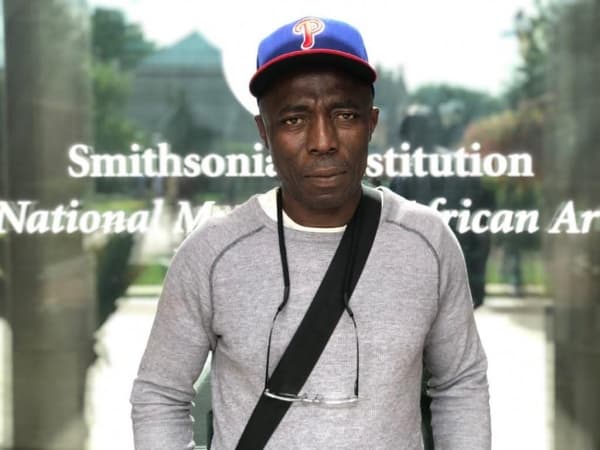
Investigative Journalist Emmanuel Agozino
Over nine years after seasoned investigative Nigerian journalist Emmanuel Agozino fled the country, fearing for his safety, his life remains very much at stake.
A strong supporter of the separatist Indigenous People of Biafra (IPOB), Agozino narrowly escaped death when he was physically attacked by government agents in Nigeria’s economic capital, Lagos, on June 15, 2016, after writing an investigative article on the Biafran Remembrance Day massacre, which took place two weeks earlier on May 30. The article, entitled “Probe pro Biafra/Army Clash” was published on June 13, 2016 by the Daily Times of Nigeria, where Agozino was the Arts and Culture Editor at the time. The article detailed the violent crushing of a peaceful protest by the military in the famed commercial town of Onitsha, located on the bank of the River Niger. Arguing that freedom of expression and association is guaranteed by the Nigerian Constitution, Agozino asked, “So, what is fundamentally wrong with the security operatives in Nigeria frequently using force on defenseless civilians?”
He was to pay the price for his audacity that late Wednesday morning, June 15, 2016. Agozino had boarded a bus heading to the centre of Lagos. On alighting from the bus upon reaching his destination, a government car swerved in front of the bus and pulled up in front of him. Two huge men dressed in civilian clothes promptly emerged from the car, approached him and said in a harsh tone, “You are Agozino. You are the Biafran Journalist” before raining blows on him. As onlookers fled, the men beat the hapless journalist ruthlessly with their hands, screaming, “Stop writing or we will kill you!” They stopped the attack after a while and zoomed off, leaving the dazed Agozino crumpled on the sidewalk, unable to get up by himself. He was later taken to a hospital to treat a broken rib, abrasions covering his face and extremities, and two very swollen black eyes that made it impossible for him to see.
Prior to the physical attack, Agozino had been receiving threatening anonymous phone calls on his cellphone. The weekly calls, by different, unfamiliar male voices, demanded that he stopped covering the IPOB conflict or he would “pay the price”.
The threatening calls continued after the physical attack – even after he resorted to writing with the pseudonym, Agozino Agozino. As a result, Agozino had to abandon his apartment and began staying at the homes of his friends, changing locations every couple of nights so that their lives would not be in danger and the government would not find him.
But while he was able to stay beyond the reach of government agents, two of his journalist friends by name Michael Chukwu and Joseph Kewe were not that lucky. Michael was a writer for the Nigerian Times and Joseph wrote for an online publication. Like Agozino, both men were of the Igbo ethnic stock, otherwise called Biafra. Unfortunately for Michael Chukwu and Joseph Kewe, they were caught in the military cross fire while covering the Biafran Remembrance Day in May 2016.
The endless threat messages, the physical attack on him and the fate that befell his two dear journalist friends meant only one thing: Agozino had to leave Nigeria as quickly as he could if he was to remain alive to continue the struggle. He finally managed to do so in September 2016 – fleeing to the United States for refuge.
However, even after his arrived in the U.S., the Nigerian government continued the hunt for him, even contacting his friend and fellow journalist, Sunday Orisakwe, who used to write for the Daily Times of Nigeria, to ask for information about him in February 2017.
“I am grateful to the United States, the land of freedom, for providing a refuge for me,” Agozino told News Express during a recent conversation. “I am sure I would have been hunted down and killed if I didn’t escape from Nigeria at the time I did,” he added.
His fears are well justified, for some nine years after Agozino's flight to safety, the crackdown on IPOB members and their sympathisers – including innocent Igbos presumed to be supporting the separatist group – has worsened. During the regime of the immediate past federal government headed by late Major-General Muhammadu Buhari, IPOB was hastily declared a terrorist group without any shred of evidence. With the gazetting of that declaration, Igboland — heartland of the crushed separatist Republic of Biafra — became heavily militarised, with suspected IPOB sympathisers regularly killed and labeled terrorists.
IPOB Leader, Mazi Nnamdi Kanu, escaped an assassination attempt and fled to the United Kingdom, from where he continued the struggle. However, the Nigerian government found a way to track him down during a visit to Kenya, abducted and brought him back to Nigeria. He has remained detained since October 2015 despite court orders for his release and is currently subjected to a treason trial while the Nigerian government is negotiating with terrorists that have unleashed death and destruction in the country’s northern region, even occupying large swathes of territory.
While Kanu is privileged to be alive to argue his case, thousands of Igbo youths and elders have not been that fortunate. According to a report released by Amnesty International on August 13, 2025, 1,844 people were killed extra-judicially in South-East Nigeria in only two years: From January 2021 to June 2023, while hundreds of people were arbitrarily detained and forcibly disappeared.
“The Nigerian authorities’ persistent failure to address the security crisis in the country’s South-East region has created a free-for-all reign of impunity in which numerous state and non-state actors have committed serious human rights violations and killed at least 1,844 people between January 2021 and June 2023,” Amnesty International said in the report.
The report, A Decade of Impunity: Attacks and Unlawful Killings in Southeast Nigeria, documents unlawful killings, torture and other ill-treatment, enforced disappearances, arbitrary arrests and displacement at the hands of rampaging gunmen, state-backed paramilitary outfits, vigilantes, criminal gangs and cults in the South-East region between January 2021 and December 2024.
“The Nigerian authorities’ brutal clampdown on pro-Biafra protests from August 2015 plunged the South-East region into an endless cycle of bloodshed, which has created a climate of fear and left many communities vulnerable. Assassinations of prominent personalities and attacks on highways, security personnel and facilities are chilling reminders of the region’s insecurity,” said Isa Sanusi, Director of Amnesty International Nigeria.
Emmanuel Ozoemena Agozino, the 56-year-old native of Awgu Town, Eastern Nigeria, who spent over 25 years working for various Nigerian newspapers and magazines, has every reason to be grateful to the US for saving his life.

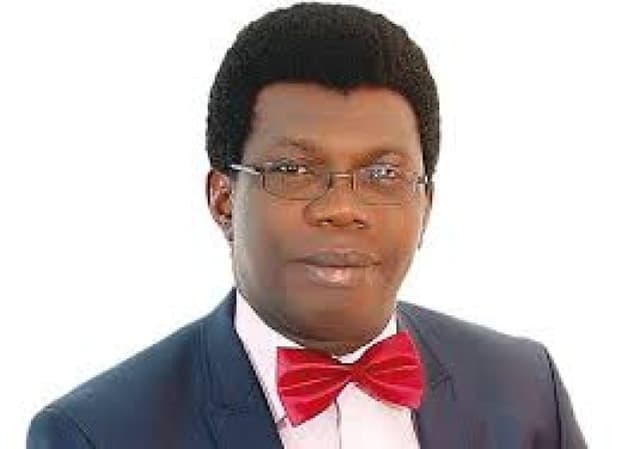
.webp&w=640&q=75)
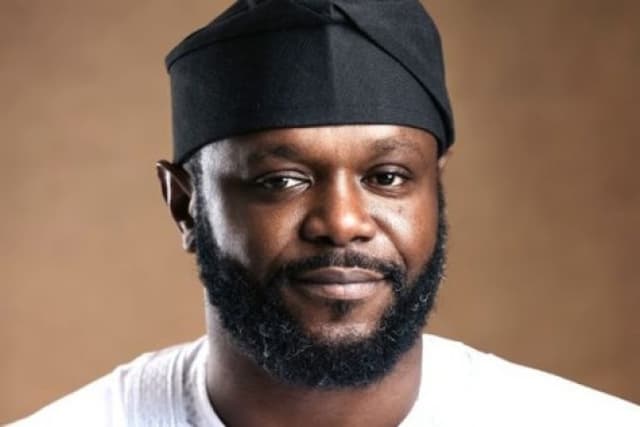
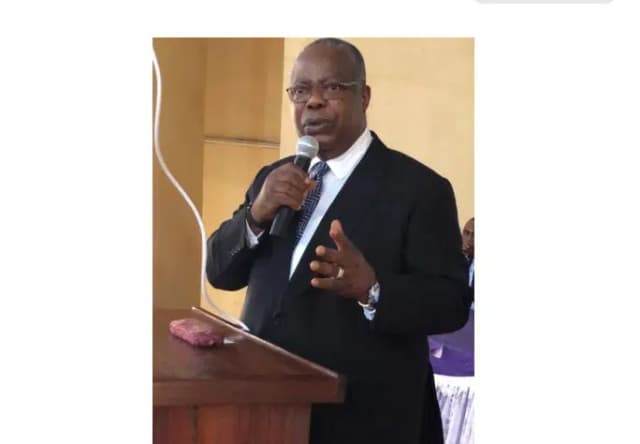
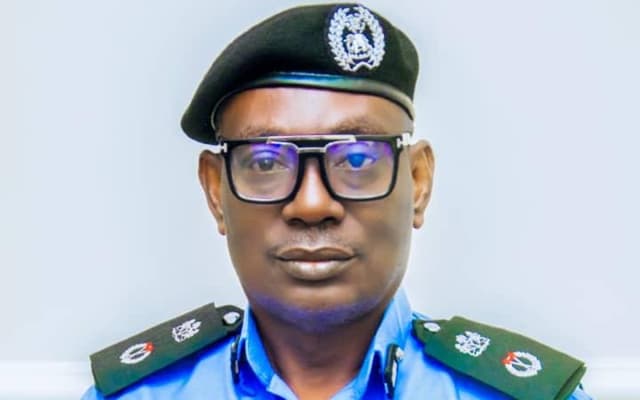
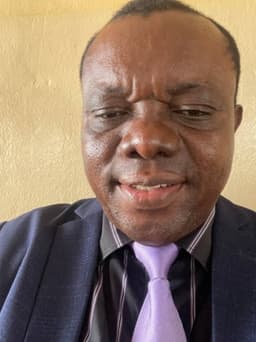

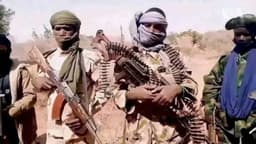


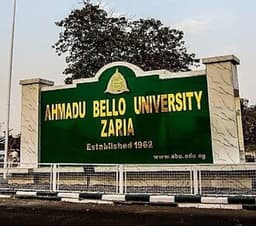
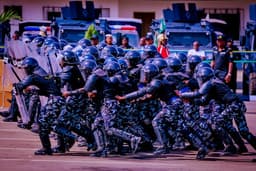

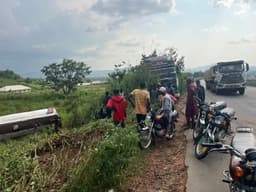
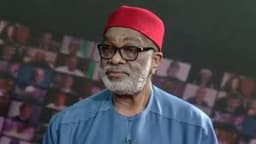

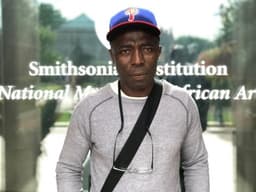

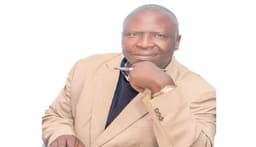

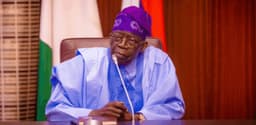

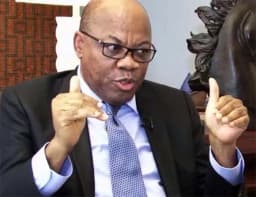
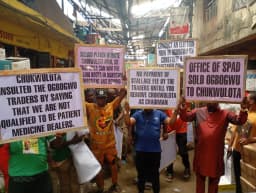
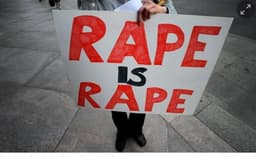

NEWS EXPRESS is Nigeria’s leading online newspaper. Published by Africa’s international award-winning journalist, Mr. Isaac Umunna, NEWS EXPRESS is Nigeria’s first truly professional online daily newspaper. It is published from Lagos, Nigeria’s economic and media hub, and has a provision for occasional special print editions. Thanks to our vast network of sources and dedicated team of professional journalists and contributors spread across Nigeria and overseas, NEWS EXPRESS has become synonymous with newsbreaks and exclusive stories from around the world.